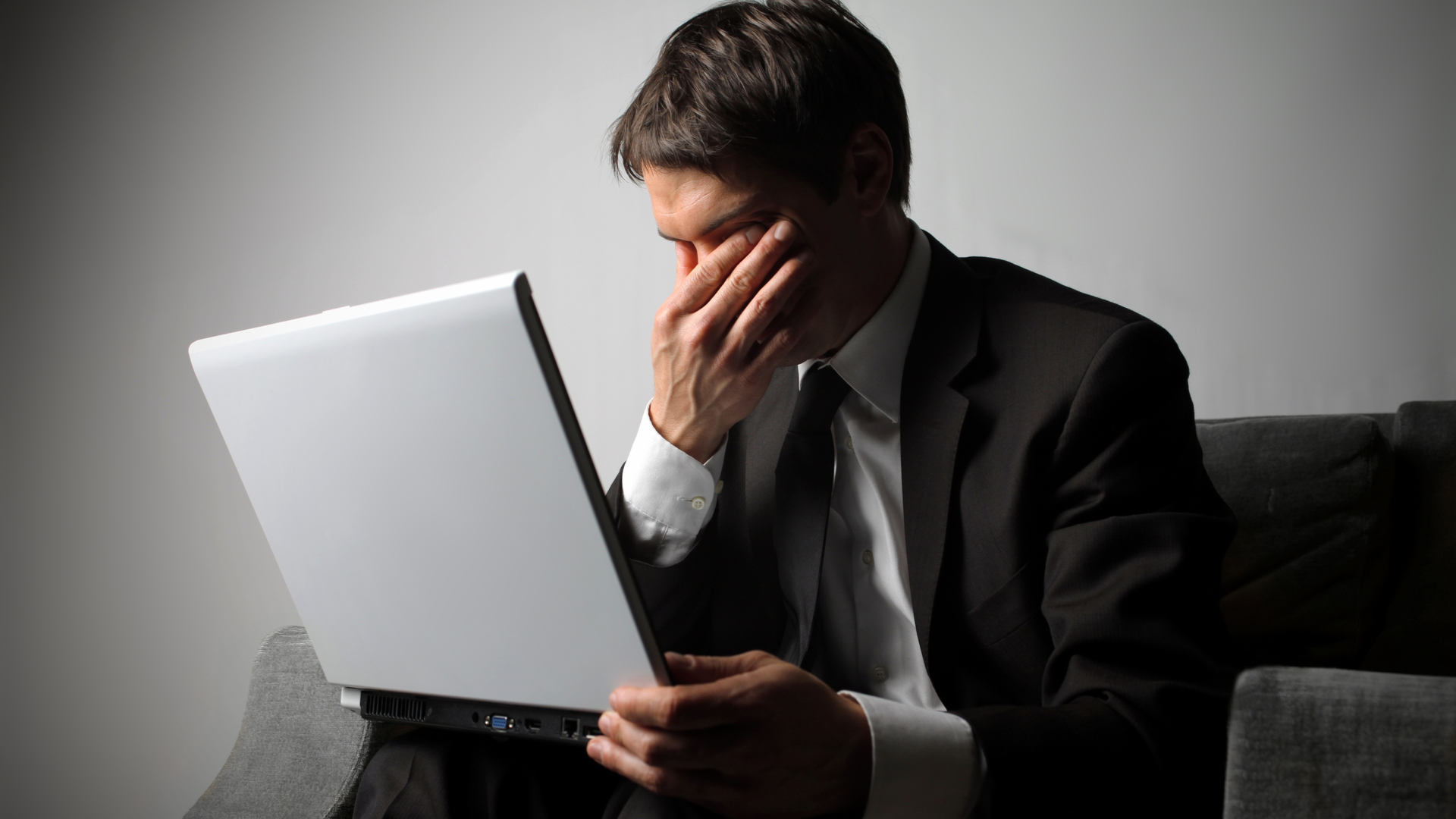Google just broke the internet for some Chrome users in Windows 10 – but there’s a fix
Whoops

Update: The Chrome team has now released an official guide to fixing the issue on the Google Chrome Help website. Following these steps should now fix the issue. Interestingly, the team mention fixing the issue on Linux as well as Windows 10 devices, suggesting the issue was more widespread than originally thought.
Original article follows:
Google has just released an update for its Chrome browser, but it seems a bug is causing it to crash repeatedly for some users in Windows 10.
According to Windows Latest, users who installed Chrome 90 in Windows 10 are now experiencing random crashes. Some users are sensing a pattern, with Chrome crashing while loading extensions, but it’s too early to say for definite if that’s causing the issue.
- How to upgrade to Windows 10 for free
- How to speed up Windows 10
- How to uninstall a Windows 10 update
The crashes can end up closing Chrome completely. Other symptoms appear to be pages and tabs not properly loading in Chrome, or extensions crashing (and popping up an error message in Chrome).
We’ve not experienced a crash yet, but Windows Latest claims it has. Looking through comments, it does seem quite a few people are having problems.
It also appears that the crashes are only affecting Windows 10 users – with people using Chrome on Linux, Chrome OS or macOS not experiencing these issues.
Sign up for breaking news, reviews, opinion, top tech deals, and more.
How to fix the problem
Google has now officially acknowledged the problem, and on the Google Chrome Help website, it suggests following the following steps for Windows 10:
- Quit any open Chrome windows.
- Re-open Chrome. You will still see the broken behavior.
- Keep Chrome open for about 5 minutes.
- After 5 minutes quit Chrome and then relaunch Chrome. The behavior should be resolved.
Another way to fix the problem appears to be uninstalling Chrome, then reinstalling it again. A reader has also contacted us to tell us that when uninstalling Chrome, make sure the box next to 'Delete all browsing data' is checked.
If the issue persists, go to %LOCALAPPDATA%\Google\Chrome\User Data on your hard drive and delete the “Local State” file.
Restarting Chrome should fix it.
The Chrome team have also suggested the following steps for Linux users that are affected by the problem:
- Navigate to the directory containing the Chrome user profile:
.config/google-chrome/ - Delete the contents of the
[Chrome user profile]\Origin Trials subdirectory (this should include a "1.0.0.7" directory) - Delete the
[Chrome user profile]\Local State file - Start Chrome, which should load as expected
If it hasn’t then you could try using an early beta version of Chrome, as Google has identified the issue and fixed it there.
This should mean the fix will be made available for regular Chrome soon.
- These are the best web browsers

Matt is TechRadar's Managing Editor for Core Tech, looking after computing and mobile technology. Having written for a number of publications such as PC Plus, PC Format, T3 and Linux Format, there's no aspect of technology that Matt isn't passionate about, especially computing and PC gaming. He’s personally reviewed and used most of the laptops in our best laptops guide - and since joining TechRadar in 2014, he's reviewed over 250 laptops and computing accessories personally.